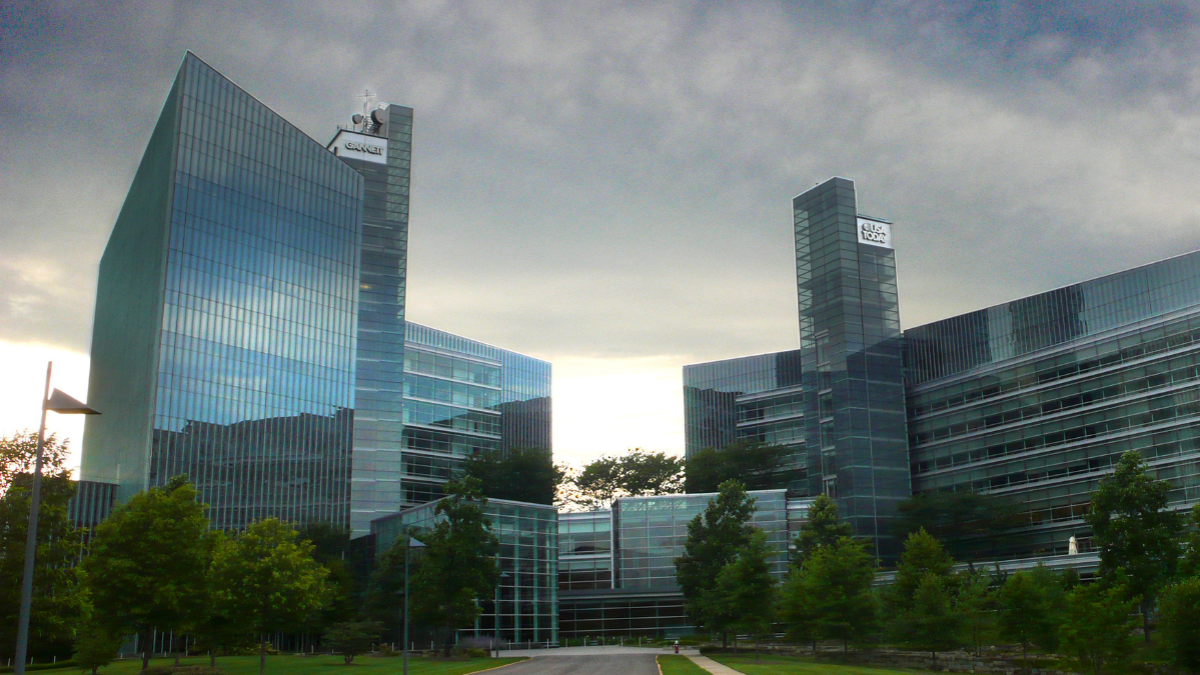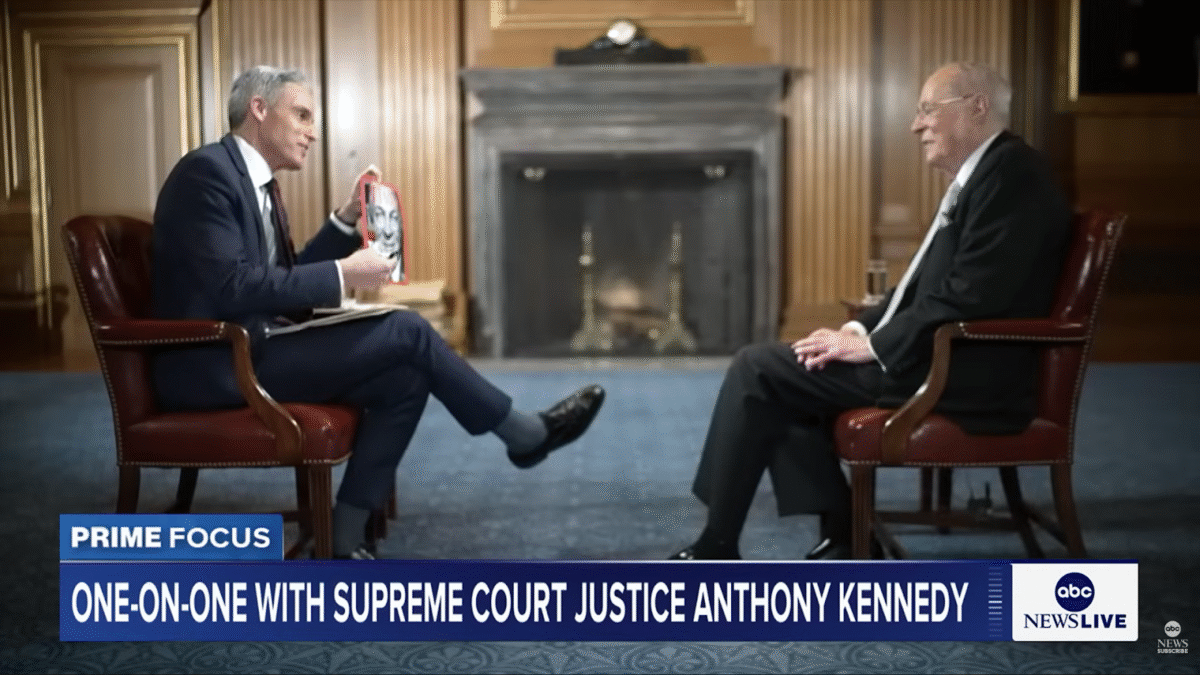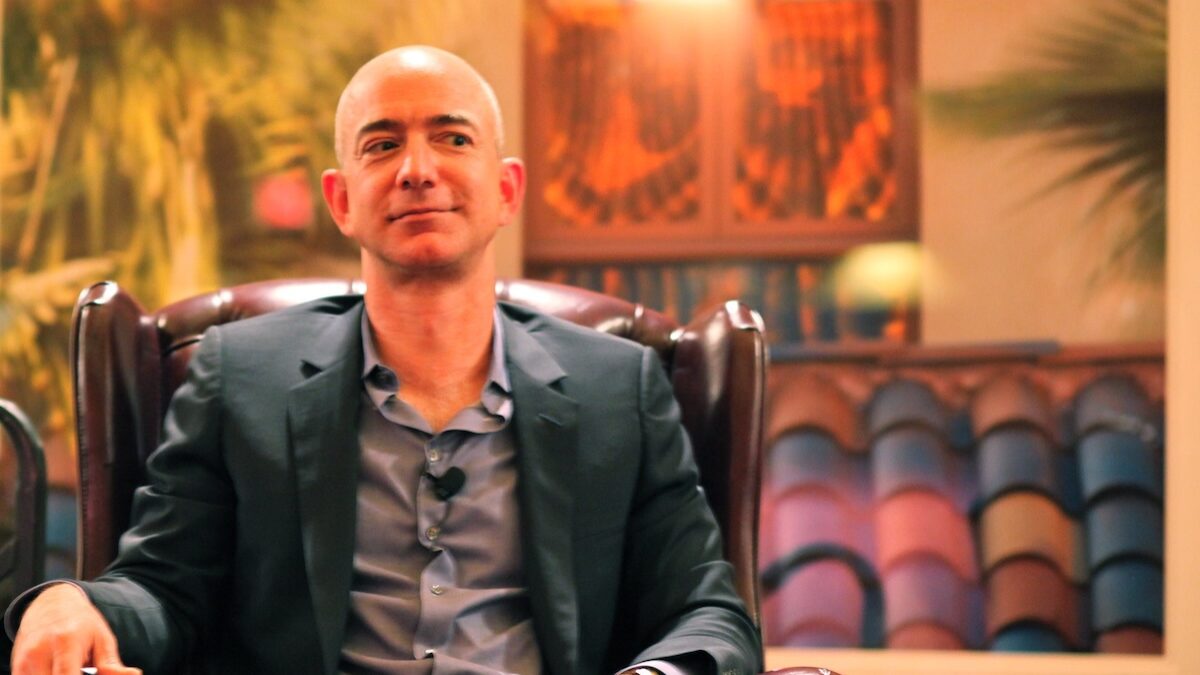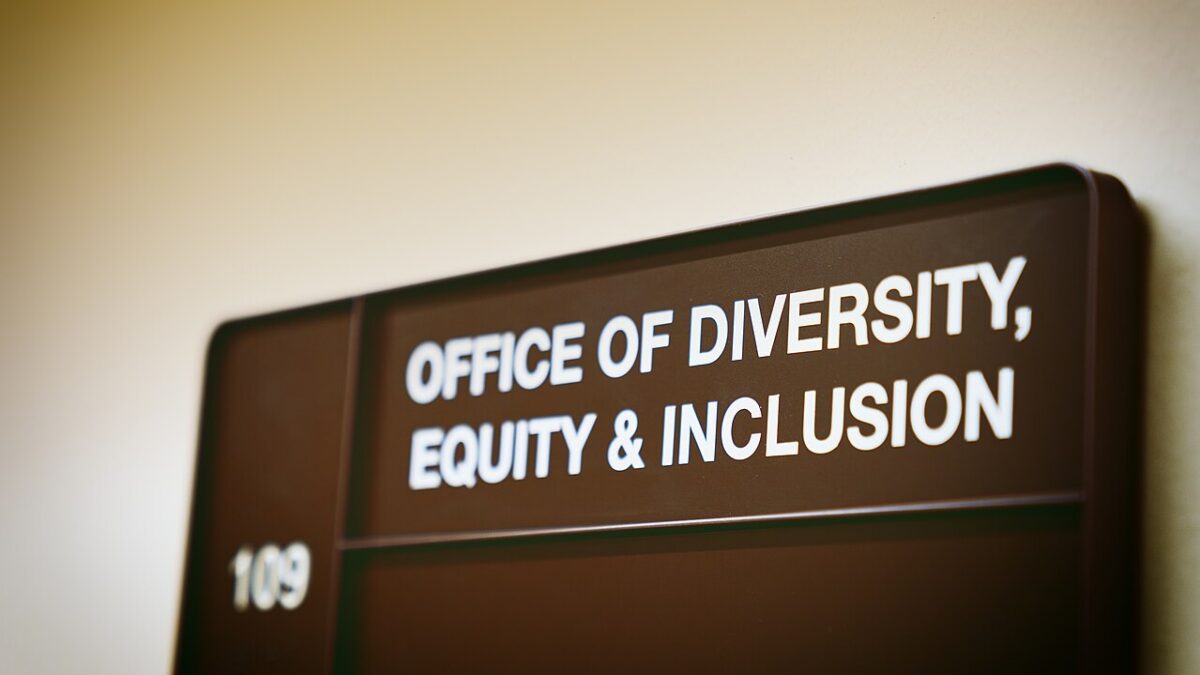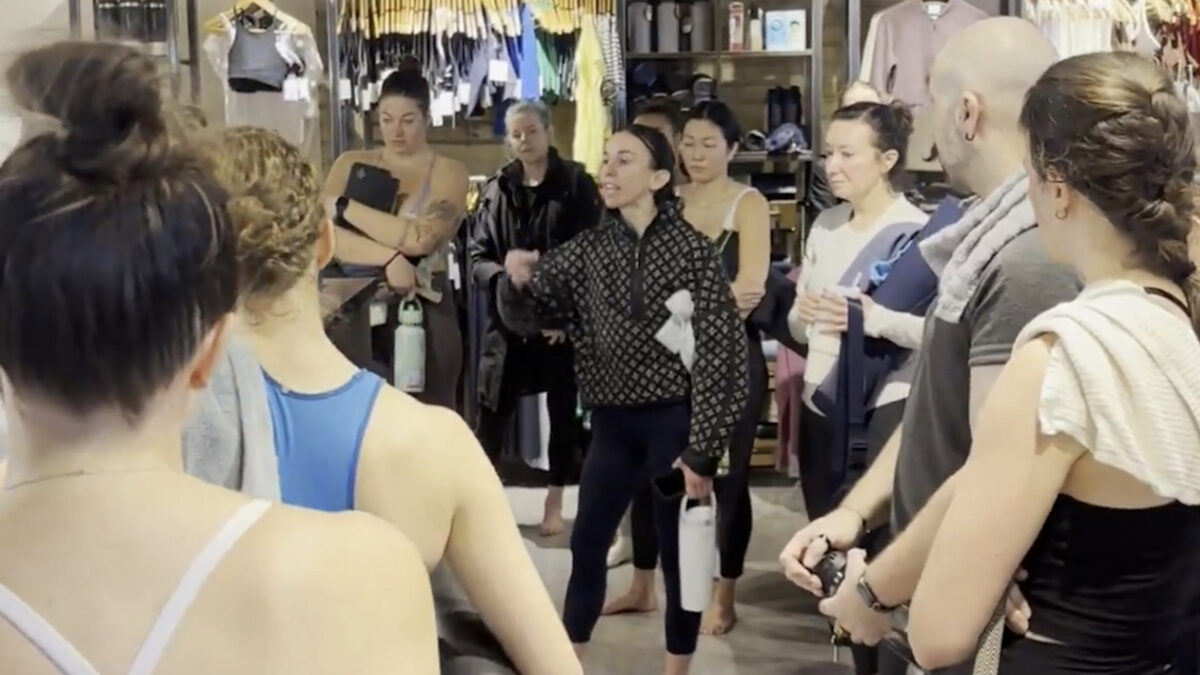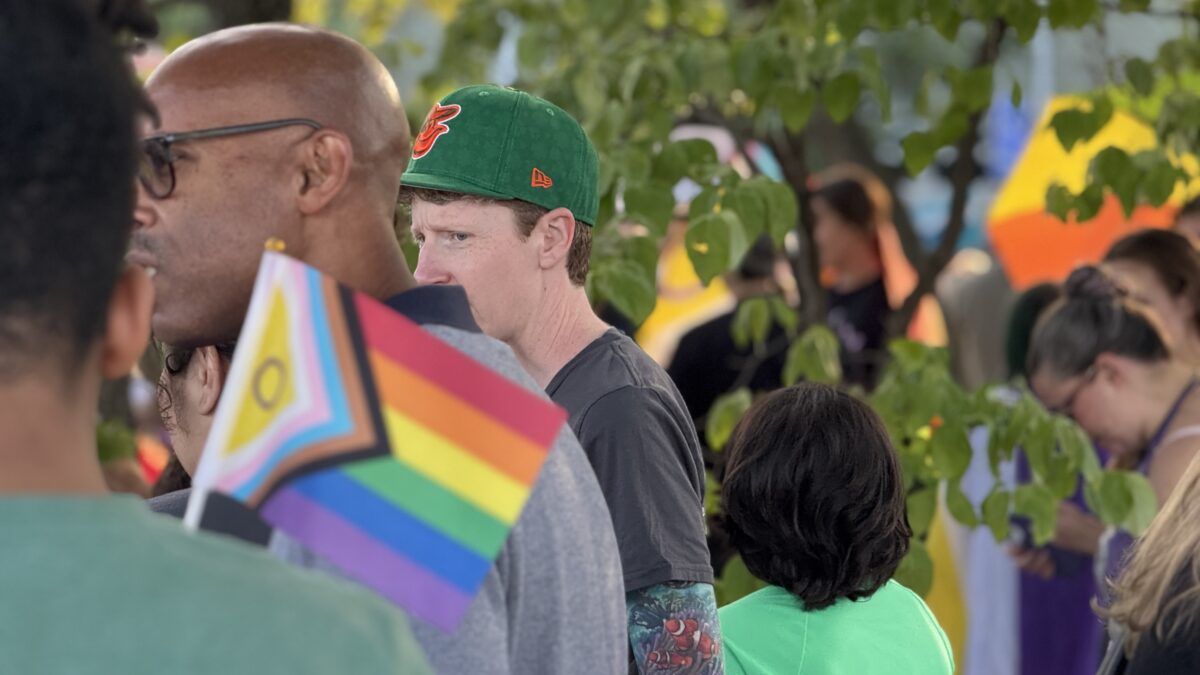A “Conservative think tank leader” is now calling for “banning charities from voter registration efforts,” or so a recent USA Today headline reads. The “Conservative think tank leader,” my boss, Scott Walter, has very good reasons for calling for this, though if you read the article in full, you might be uncertain what those reasons are. That’s because the reasons were not discussed at all. Instead, the article is full of platitudes from the worst partisan offender in the “charitable” get-out-the-vote industry, the Voter Participation Center (VPC).
It’s the now-classic “conservatives seize” or “Republicans pounce” framing, a narrative trick that the American media is famous for, wherein the reaction to a scandal — rather than the scandal itself — is portrayed as the center of a story (but only if that scandal makes a figure or group on the left look bad).
In this case, the “pouncing” occurred in response to a story by Andrew Kerr of The Washington Free Beacon. The story broke the news the VPC had purchased “register to vote” ads on Facebook and Instagram that were specifically filtered so that they would not be shown to users interested in topics and hobbies commonly associated with Republican voters. “Excluded” topics included NASCAR, Duck Dynasty, Ted Nugent, modified Jeeps, and the PGA Tour. Letters from multiple Republican legislators inquiring about an investigation into the VPC soon followed.
Did USA Today mention these obviously partisan ad filters? Of course not — even though IRS rules clearly state that charities must not benefit one party when they help voters register.
The USA Today report does mention that Sen. Tom Cotton, R-Ark., and Rep. Claudia Tenney, R-N.Y., sent letters to the IRS, and even provides links to the letters, but does not quote a single word from either. Instead, the article merely says the letters “focused on the ad strategy that the nonprofit used on Meta to target voters, claiming it targeted progressives.” The actual “ad strategy” — the one that excluded likely GOP voters — was not discussed in any detail. Not one of the filters the VPC used was mentioned, and the VPC was apparently never asked to explain them at all.
Instead, USA Today accepted at face value VPC’s assertions about its nonpartisanship. Quotes from Tom Lopach, VPC’s president and CEO, are strewn so densely throughout the article that his quoted words (136 in total) outnumber Walter’s (105), despite the latter’s opinions ostensibly being the subject of the article. Instead of the clear evidence that Walter, Rep. Tenney, and Sen. Cotton supplied about VPC’s partisanship, readers are told simply that “Lopach said nothing the Voter Participation Center does is partisan, and the organization should not be viewed through a partisan lens.”
Well, if Lopach, “a longtime Democratic political operative,” says so …
Also not mentioned in the article are the mounds of other evidence that VPC has long acted as the Democratic Party’s electioneering super-weapon. As far back as 2012, left-wing journalist Sasha Issenberg wrote of the VPC, “Even though the group was officially nonpartisan, for tax purposes, there was no secret that the goal of all of its efforts was to generate new votes for Democrats.” This detail was also not mentioned in the article.
In 2020, reports surfaced in Vox that the Democrat Super PAC Mind the Gap, which was led by Sam Bankman-Fried’s mom, was advising its donors to give to VPC because it was “4 to 10 times more cost effective” when it came to “netting additional Democratic votes than the tactics that campaigns will invest in.” This detail was also not mentioned in the article, though the information was supplied to the reporter.
In 2022, VPC paid nearly $13 million to a consulting firm called Pivot Group and has paid the group roughly $55 million since 2016. On its website, Pivot Group says it’s “committed to electing Democrats up and down the ballot.” This, and other enormous payments to equally partisan consulting firms, were — you guessed it — not mentioned in the article.
USA Today’s readers would have been much better informed had at least some of this evidence been mentioned. But, then again, if USA Today’s readers were better informed, they might no longer be readers of USA Today.
